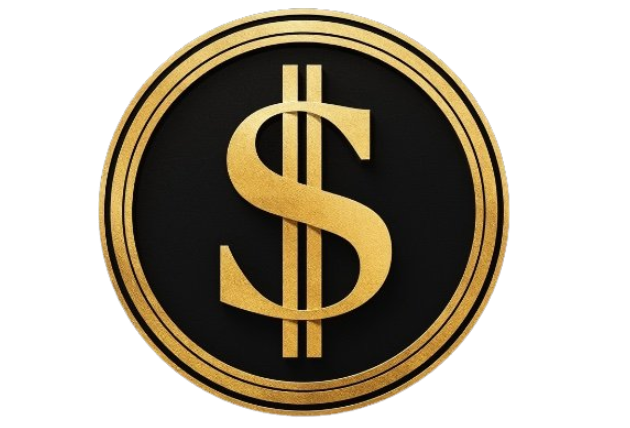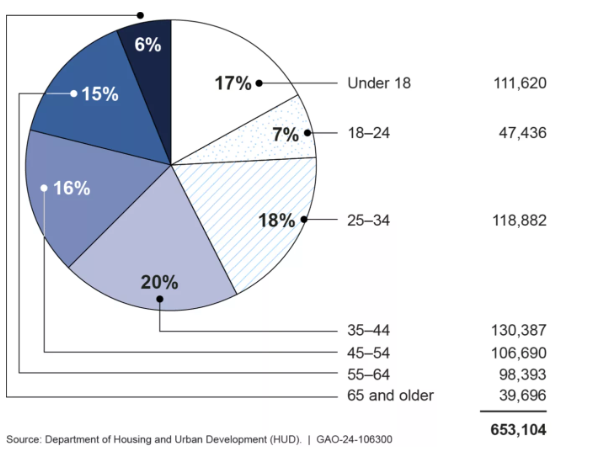In May of 2021, the Israel/Palestine conflict once again returned to the news. Many in California support Israel, claiming it has a right to self-defense, while a growing movement supports the Palestinian movement towards liberation. But first, for the uninitiated: what is the Israel/Palestine conflict?
The Israel/Palestine conflict is a complex issue spanning decades, and no single article can cover it in its entirety. The simplest possible characterization of the issue is that it is a conflict over land. For centuries, Palestine has been an area in the Middle East occupied by Palestinians, a diverse group of people covering many religions and cultures. Since the late 1800s, a movement called “Zionism” has used connections between the land and Jewish history to justify a mass Jewish migration to the area. This settler movement is also influenced by oppression facing the Jewish people, as Zionists believe the only way Jews can truly be safe is to have their own state.
After World War II, large parts of Palestine were turned into the state now known as Israel, a move supported by many Western powers and opposed by neighboring countries in the Middle East. As the state of Israel expands, conflicts between Israel and the Palestinians living in the land it occupies intensify. Several wars have broken out between the two groups as each side attempts to secure land for themselves. Western media has traditionally taken the side of Israel in the conflict, but recent events have caused a noticeable shift in public opinion towards supporting the Palestinians.
Interviews with students and staff at Woodside High School mirror this change in opinion. Math teacher Abdulhadi Kaddoura spoke about his familial connections to Palestine.
“I was born in a refugee camp,” Kaddoura said. “My parents [were] originally from historic Palestine — they’re from the northern part of Palestine, near Lebanon. They were evicted in 1948 during the war.”
“I visited my hometown 10 years ago,” Kaddoura continued. “It’s all demolished, the town, and no one lives in there, nobody. It’s all surrounded by barbed wire; no one can go in. But [my family] sneaked in illegally, so I can see my land.”
Kaddoura also touched on the unfair double standard at play with regard to land ownership in Palestine.
“[My family] has land twice the size of this area [Woodside], and we can’t go back to it,” Kaddoura explained. “But yet a Jewish person, for instance — who was born in Russia, [or who] was born in New York, who has never been to Palestine, never ever lived there — they have the right to ‘go back.’”
While Kaddoura has a wealth of personal history with Palestine, Woodside senior Stephanie Alfadel provided the perspective of a younger activist.
“I grew up in a family that always talked about this issue,” Alfadel said. “Talking about these issues that affect our Arab brothers and sisters is just a very normal part of our lives.”
During her interview, Alfadel described at length Israel’s “white settler-colonialism,” attributing it to Britain’s control over the region in the early 1900s and Israel’s subsequent settlements.
“Palestinians don’t have a right to their land,” Alfadel stated. “They don’t have a right to resources. Even their electricity and their water is completely controlled by this other state, this colonial power.”
In addition to sharing her views on Israel’s policies, Alfadel talked about the importance social media can have on public opinion surrounding the Israel/Palestine conflict.
“I think, because of the spread of social media, we’re able to see the personal impact on individuals that this conflict has caused,” Alfadel said. “This gives a lot of people in the United States the ability to sympathize and empathize with Palestinians more, but I do think at the same time our TikToks, or Instagrams, or YouTube, they all have algorithms that cater to the opinions that we already have. I think for a lot of people, once they fall into one side of the issue, they’re only stuck in that side.”
Although Judaism is often conflated with support for Israel, the conflict is a two-sided issue and remains divisive.
“I self-identify as a politically liberal/progressive American Jew, with mixed feelings about Israel,” wrote English teacher Mark Reibstein in an email to the Paw Print. “I can only relate to a Jewish pride that has profound understanding for and identification with the oppressed, so I cannot rationalize or explain the behavior of the Israeli state, in relation to its treatment of Palestinian people who were displaced by the creation of Israel and remain oppressed by it.”
“I’m not sure if I am a Zionist or not — I do believe in the need for a Jewish state, based upon the historical treatment of the Jewish people in the diaspora, but I long for a just and equal arrangement in the region,” continued Reibstein. “If Jews are to ‘set a beacon of light’ (a term found in our religious writings) for the rest of the world, I think that needs to be one of love.”
Woodside Math teacher Samer Malouf shared a similar sentiment.
“We see young people are killed; children are killed,” said Malouf. “Muslims are being attacked during their prayers. This hurt me a lot, and I want to see peace. I wish, one day, Israelis and Palestinians would sit at a table and shake hands and say, ‘Let’s forget the past and look toward a better future.’”









